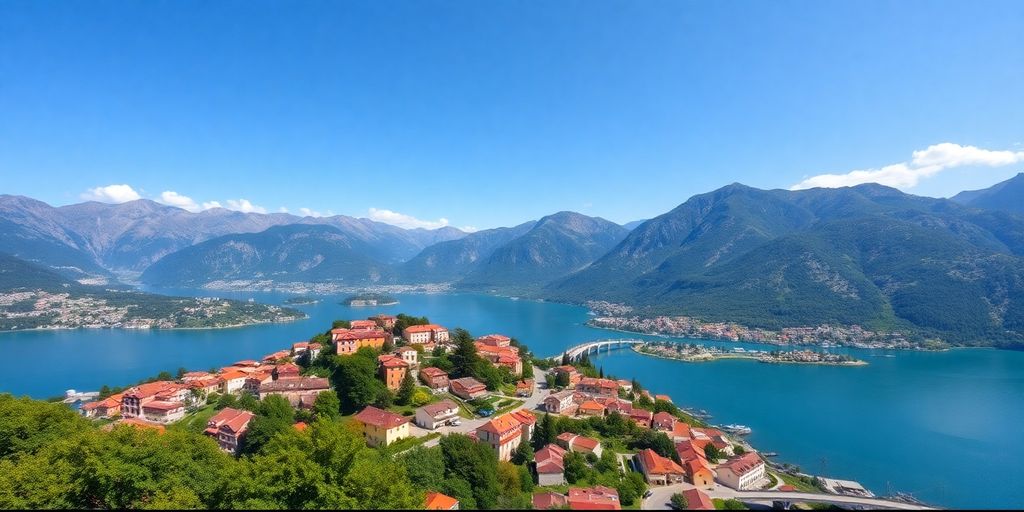Montenegro has recently achieved a significant milestone in its European Union accession journey by successfully closing three chapters in the negotiation process. This development was celebrated by Montenegrin officials and European leaders alike, highlighting the country’s commitment to reform and integration into the EU.
Key Takeaways
- Montenegro closed three chapters in its EU accession negotiations, showcasing its progress.
- President Jakov Milatović emphasized the need for accelerated reforms to meet EU standards.
- European Parliament members acknowledged the geopolitical importance of Montenegro’s EU aspirations.
Montenegro’s EU Accession Journey
Montenegro’s recent success in closing three chapters in its EU accession talks marks a pivotal moment in its journey towards EU membership. President Jakov Milatović expressed optimism about the country’s capacity to progress, stating that this achievement reflects Montenegro’s commitment to aligning with European standards. He emphasized the importance of accelerating reforms to ensure that Montenegro meets the necessary criteria for EU membership.
The closing of these chapters is seen as a testament to Montenegro’s dedication to the EU integration process. Milatović noted that Montenegro is the only country in the Western Balkans that has opened all chapters and closed six, setting an ambitious goal to become the 28th EU member state by 2028.
Reactions from European Leaders
The announcement of Montenegro’s progress was met with positive reactions from various European leaders. Marjan Šarec, a former Slovenian Prime Minister and current Member of the European Parliament, hailed the closing of the chapters as a "great success." He urged the EU to take decisive action to support the Western Balkans in their integration efforts, emphasizing the need for alignment with EU values.
Croatian MEP Tomislav Sokol raised concerns about the influence of Serbian policy in Montenegro, suggesting that it poses a significant challenge to the country’s EU aspirations. He called for a clear message from the EU regarding the importance of adhering to democratic values and the rule of law.
The Importance of Reforms
While the closing of three chapters is a significant achievement, President Milatović stressed that reforms must be accelerated to maintain momentum in the accession process. He highlighted the need for Montenegro to focus on democratic development and the establishment of independent institutions, which are crucial for meeting the Copenhagen criteria for EU membership.
Milatović’s participation in the EU-Western Balkans summit in Brussels serves as an opportunity to reinforce Montenegro’s commitment to reform and to discuss the geopolitical context affecting the region. He expressed hope that the summit would lead to a joint declaration that underscores the EU’s commitment to the Western Balkans.
Looking Ahead
As Montenegro continues its journey towards EU membership, the recent closure of three chapters serves as a reminder of the progress made and the challenges that lie ahead. The country’s leaders are aware that achieving EU membership requires not only closing chapters but also implementing meaningful reforms that align with European standards.
The upcoming months will be crucial for Montenegro as it seeks to build on this momentum and demonstrate its readiness for EU membership. With the support of European leaders and a commitment to reform, Montenegro aims to solidify its position as a leader in the Western Balkans and a future member of the European Union.
Sources
- Montenegro closes three more chapters in EU accession talks | Montenegro Politics News | SeeNews, SeeNews.
- Šarec presented the fact that Montenegro closed three chapters in the negotiations with the EU as a "great success"., vijesti.me.
- Milatović: Closing three chapters shows that Montenegro has the capacity to progress, but reforms need to be accelerated, Vijesti.me.






